The initial "base" tariff of 10% paid by US importers took effect at US seaports, airports and customs warehouses at 00:01 on Saturday (April 5) Eastern time (12:01 on April 5 Vietnam time).
Among the first countries to be hit with the 10% tariff are Australia, the UK, Brazil, Colombia, Argentina and Saudi Arabia, despite having a goods trade deficit with the US last year.
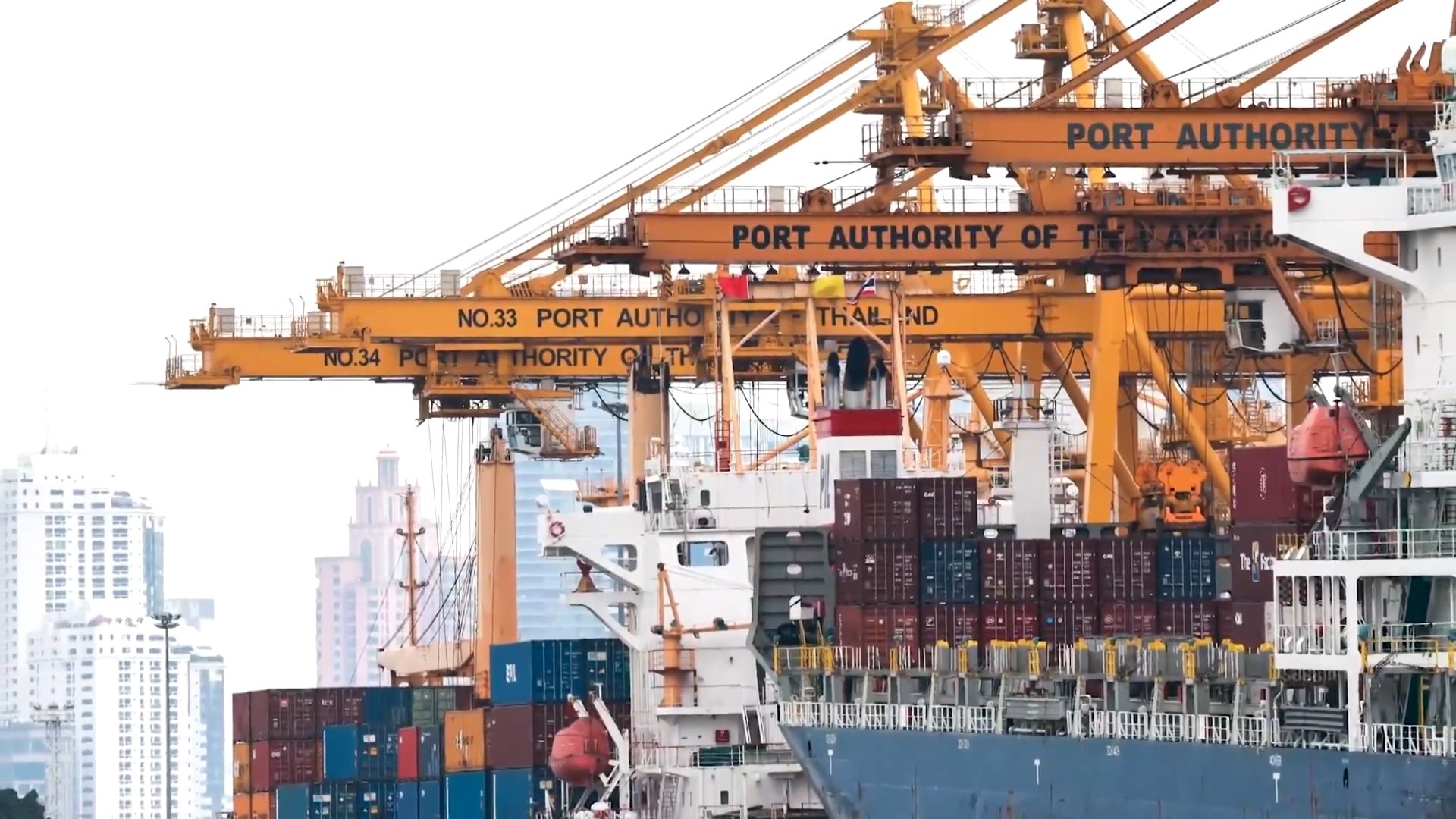
US Customs has begun collecting a 10% tariff on most imports into the country. Screenshot
On the morning of April 4 (Washington DC time), US President Donald Trump announced on the social network Truth Social about his phone call with General Secretary To Lam, affirming that the phone call was "effective" and thanking the Vietnamese leader for his goodwill.
On his personal account, the US leader said: "I just had a very productive call with Mr. To Lam, General Secretary of the Communist Party of Vietnam, who told me that Vietnam wants to cut tariffs to zero if they can reach an agreement with the United States. I thanked him on behalf of the country and said I look forward to having a meeting in the near future."
During the phone call, the two leaders affirmed their desire to continue strengthening bilateral cooperation for the benefit of both countries and contributing to peace, stability and development in the region and the world.
The two leaders assessed that the relationship between the two countries is developing well in all fields.
(according to VNA)
A U.S. Customs and Border Protection bulletin issued a 51-day extension for goods loaded on vessels or in transit to the United States before 12:01 a.m. Saturday. These goods must arrive by May 27 to avoid the 10% tariff.
Higher US “reciprocal” tariffs, ranging from 11% to 50%, are scheduled to take effect next Wednesday, starting at 00:01 EST. EU imports will be subject to a 20% tariff, while Chinese goods will be taxed at 34%, bringing the total new US tariffs on China to 54%.
While Mr Trump's order exempts 1,000 product categories such as pharmaceuticals, uranium and semiconductors from the new tariffs, the US administration is considering imposing new tariffs on some of those items.
Some countries hope to reach a deal with Mr Trump and avert the economic fallout while others consider countermeasures.
China has imposed a series of countermeasures, including imposing an additional 34% tariff on all US goods and restricting exports of some rare earth minerals.
British Prime Minister Keir Starmer wrote in the Telegraph that he was ready to "use industrial policy to help protect British businesses from the storm", noting that his priority was to try to secure a trade deal with the United States that could include tariff exemptions.
"A trade war is in no one's interest. We must unite and resolutely defend our citizens and businesses," French President Emmanuel Macron said in a post on X.
Israeli Prime Minister Benjamin Netanyahu's office said he will depart for Washington on Sunday to meet with Mr Trump to discuss new 17% tariffs on Israel.
Media reports said Prime Minister Shigeru Ishiba of Japan, whose country is subject to a 24% tax, is arranging a phone call with the US president.
Italian Economy Minister Giancarlo Giorgetti warned on Saturday against imposing retaliatory tariffs on the United States, telling a business forum near Milan that doing so could cause damage.
Canada and Mexico were exempted from President Trump's latest tariffs but still face the 25% tariffs recently imposed on goods that do not comply with the rules of origin under the North American trade agreement.
Hoang Huy (according to AJ, Reuters, NCBC)
Source: https://www.congluan.vn/my-bat-dau-thu-thue-10-va-phan-ung-tu-cac-nuoc-post341637.html



![[Photo] Looking back at the impressive moments of the Vietnamese rescue team in Myanmar](https://vstatic.vietnam.vn/vietnam/resource/IMAGE/2025/4/11/5623ca902a934e19b604c718265249d0)


![[Photo] "Beauties" participate in the parade rehearsal at Bien Hoa airport](https://vstatic.vietnam.vn/vietnam/resource/IMAGE/2025/4/11/155502af3384431e918de0e2e585d13a)
















![[Photo] Summary of parade practice in preparation for the April 30th celebration](https://vstatic.vietnam.vn/vietnam/resource/IMAGE/2025/4/11/78cfee0f2cc045b387ff1a4362b5950f)










































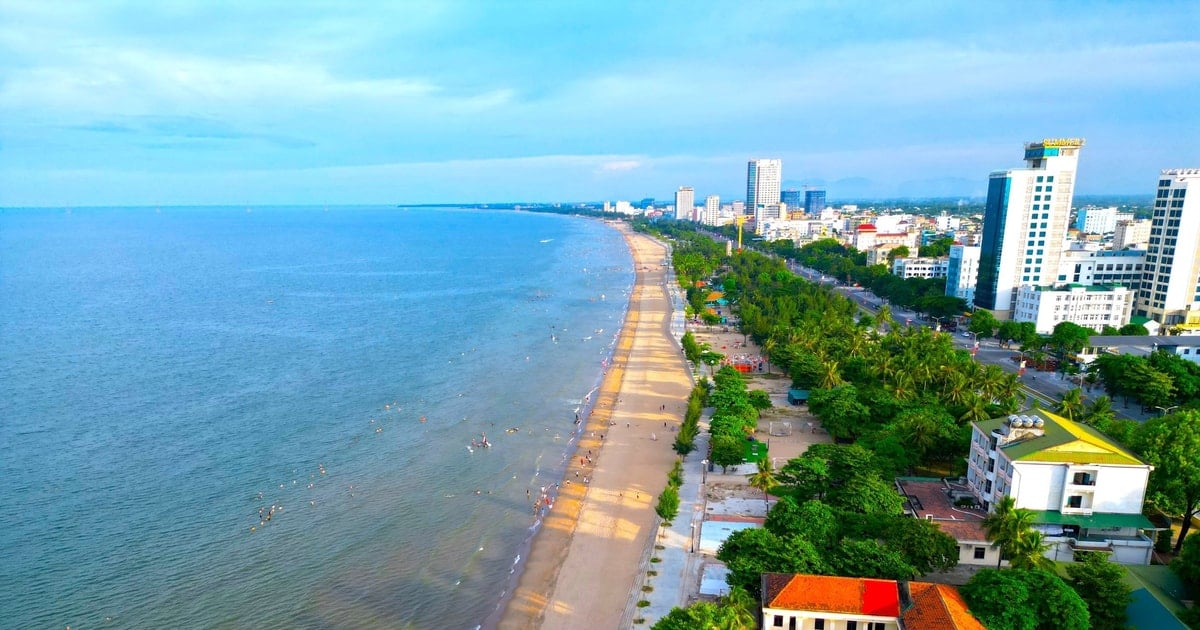

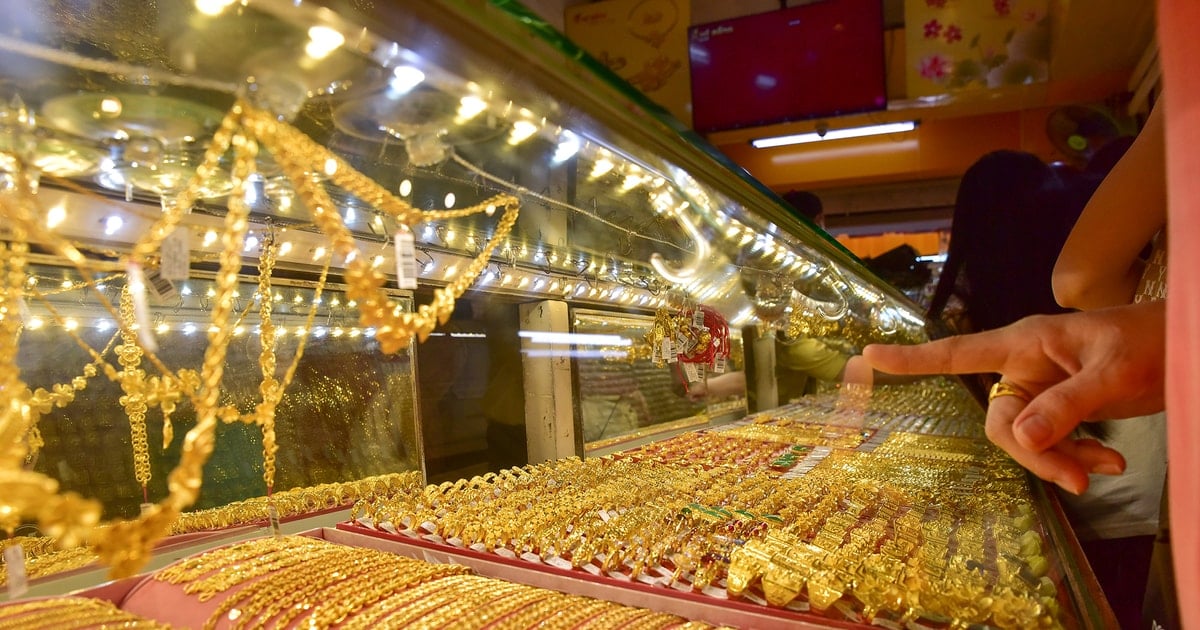
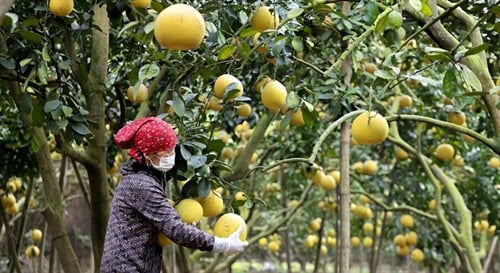
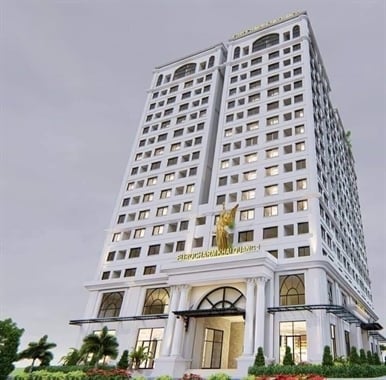
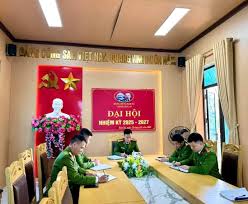
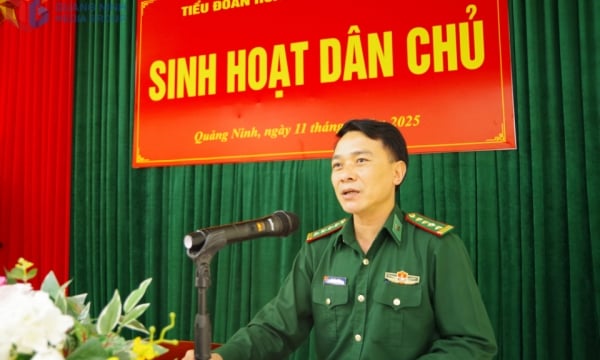











Comment (0)